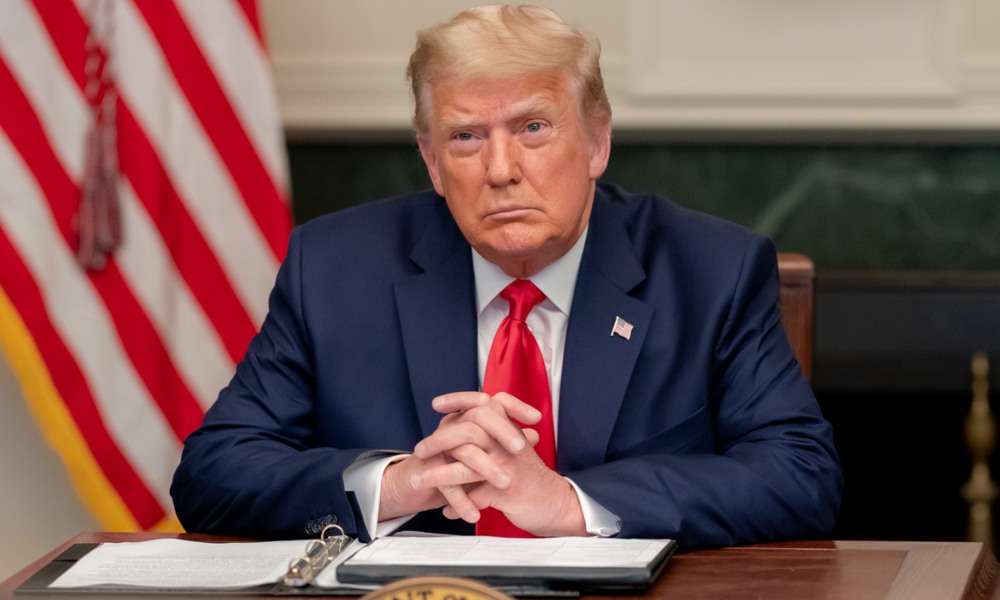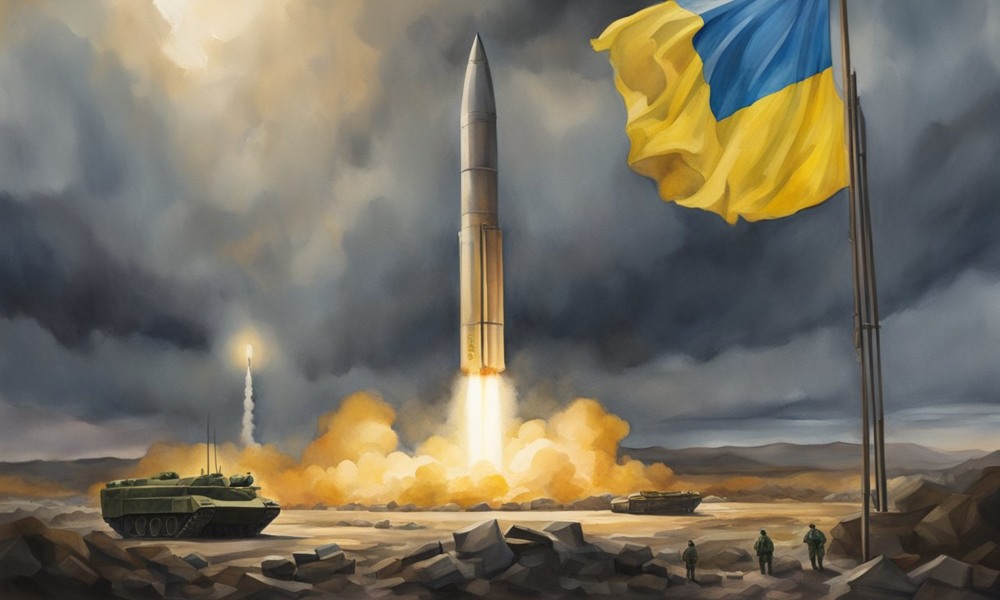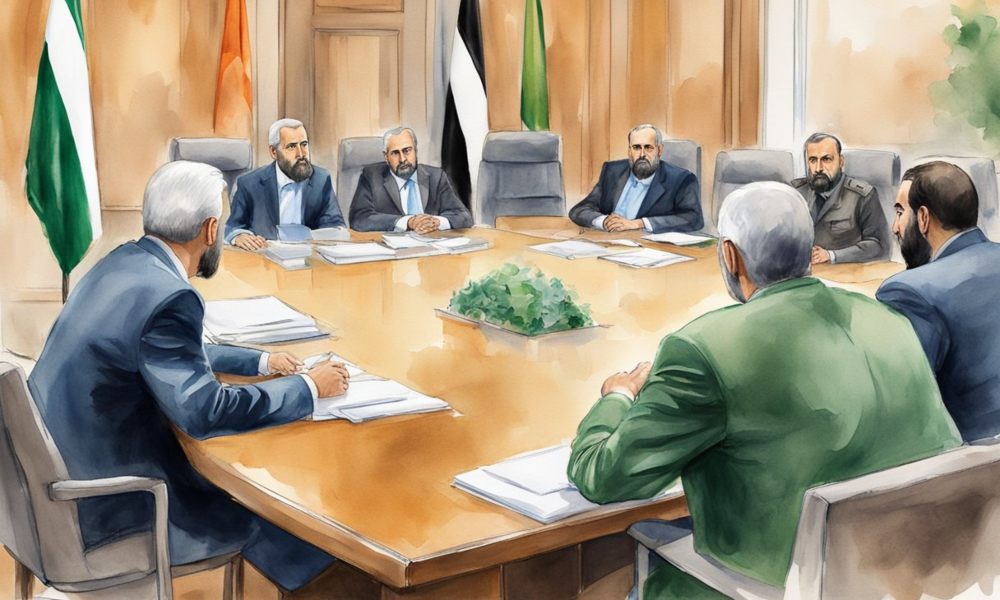Hamas has said they will accept a ceasefire deal to pause fighting in Gaza. Here are the key points:
- Hamas officials told the BBC they agreed to the ceasefire terms
- But Israel has rejected the deal, saying it is not acceptable
- The deal was proposed by Egyptian mediators trying to stop the violence
- It could have allowed a temporary pause in fighting and hostage exchanges
Why did the two sides disagree over this ceasefire deal? Let’s take a closer look.
Hamas Accepts Terms, But Israel Balks
According to Hamas sources, the group’s political leader, Ismail Haniyeh, accepted ceasefire terms proposed by Egypt and Qatar. The deal would have:
- Paused the fighting in Gaza for 40 days
- Allowed Palestinians in northern Gaza to return home
- Involved in exchange of Israeli and Palestinian prisoners
However, an unnamed Israeli official told Reuters the deal was “not acceptable.” They said it included “far-reaching conditions that Israel does not agree to.”
Sticking Points Over Permanent Ceasefire
One of the main issues is whether the deal would permanently end hostilities. Hamas wanted guarantees that fighting would entirely stop after 40 days.
But Israel refused to commit to a permanent ceasefire. Officials said this would allow Hamas to regroup and attack again later. Israel wants the ability to keep military pressure on Hamas.
The collapse of these ceasefire talks further reduces the chances of a lasting peace. Both sides will likely continue their military campaigns.
Rising Fears of Israeli Ground Assault
The ceasefire’s failure comes as Israel threatened a major ground offensive in the Rafah area of Gaza. The army dropped flyers telling 100,000 Palestinian civilians to evacuate parts of eastern Rafah.
Israeli airstrikes already struck Rafah, causing smoke to rise over the area as people fled. Aid groups warned a ground assault could bring severe Palestinian civilian casualties.
In a recent call, US President Biden urged Prime Minister Netanyahu to avoid harming civilians. However, Israel may feel more military action is needed with no ceasefire agreed upon.
What Happens Next?
With the ceasefire proposal rejected, fighting will likely continue between Israel and Hamas. Here are some key questions:
- Will Israel launch a risky ground invasion of Rafah?
- Can more talks happen to revisit ceasefire terms that both sides have accepted?
- How can Palestinian civilian casualties be prevented in any further offensives?
- Is there any way to finally secure a lasting peace after years of violence?
Only time will tell if cooler heads can prevail and find a diplomatic solution acceptable to all sides. What do you think should happen next in Gaza? Leave a comment below.
















